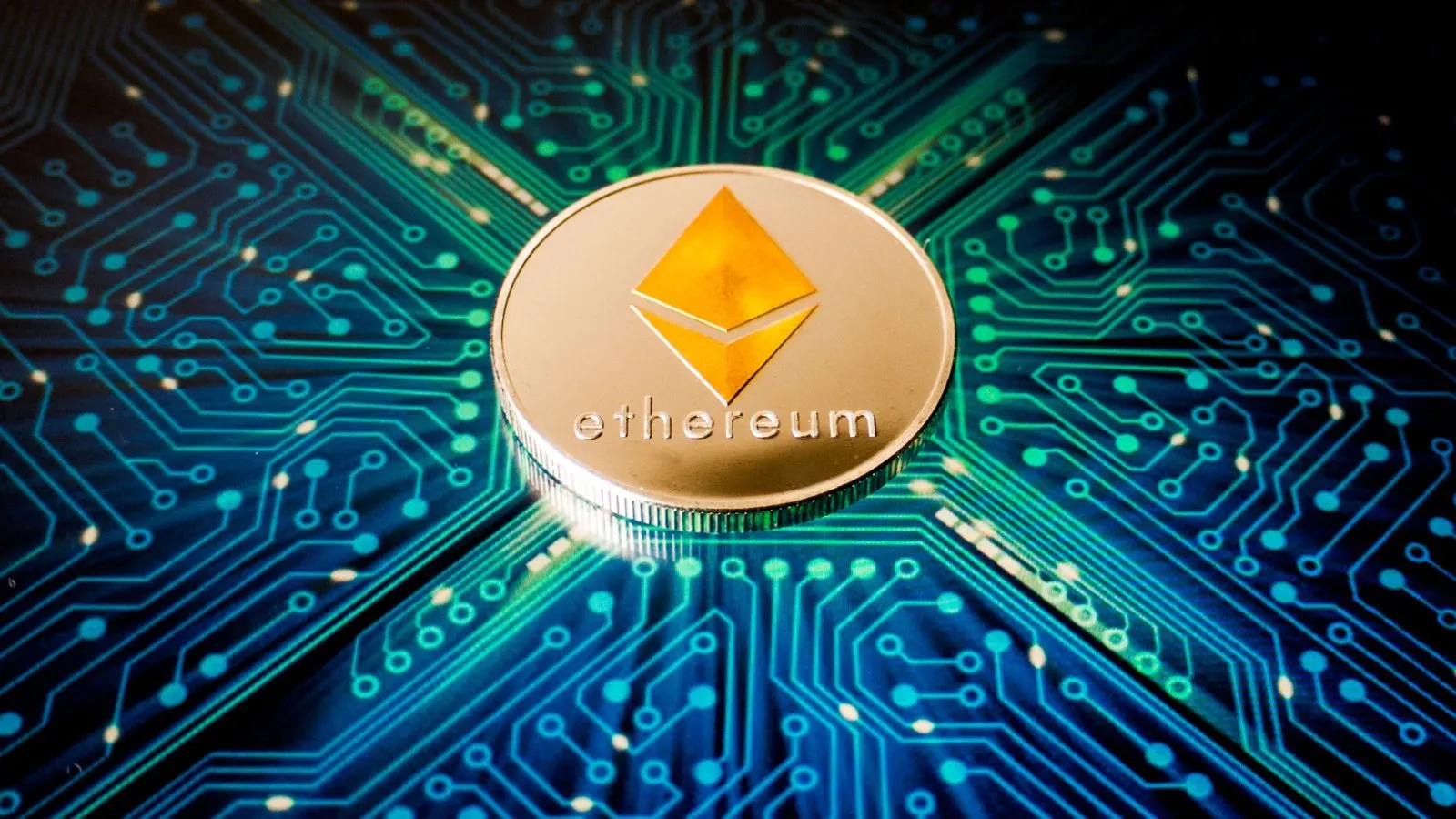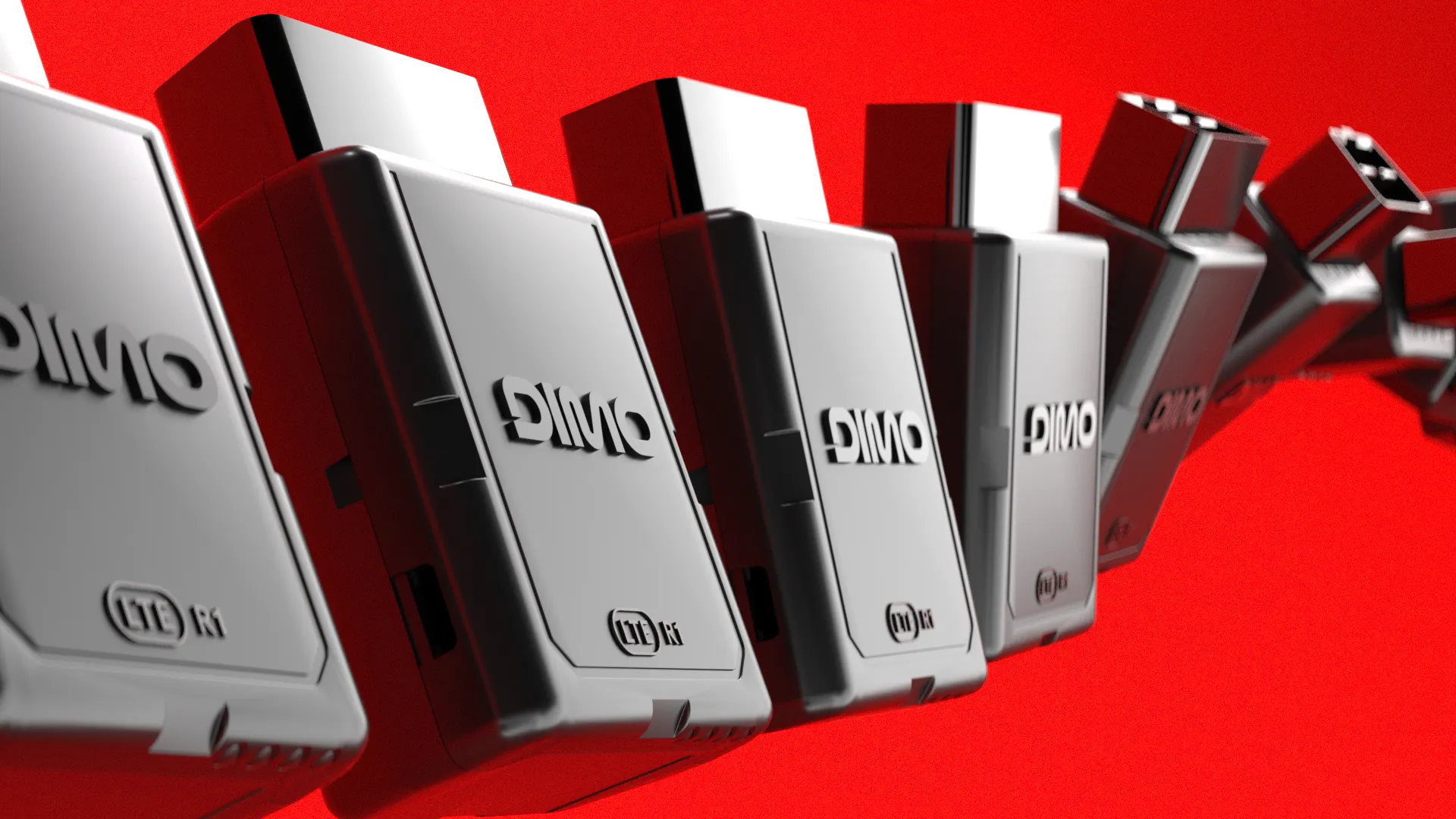Proto-danksharding is nearly upon us.
After successfully performing a suite of test runs, Ethereum’s core developers announced Thursday that they plan to deploy the network’s landmark Dencun upgrade on or around March 13—finally ushering in a set of tools that could dramatically increase the speed and affordability of Ethereum transactions.
Proto-danksharding, known by the bureaucratic shorthand EIP-4844, is the marquee feature of Ethereum’s upcoming Dencun upgrade. The development, which has been anticipated for years and stalled repeatedly, is a preliminary version of danksharding, a process that will streamline how data is verified on Ethereum’s layer-2 networks. Instead of verifying large swaths of data on Ethereum rollups, danksharding will sample and verify tiny pieces of that information.
Key to the initial proto-danksharding feature to be released in Dencun are “blobs,” which temporarily store data off-chain to minimize storage and processing costs on Ethereum.
Blobs are coming to mainnet at slot 8626176 .oO
— timbeiko.eth ☀️ (@TimBeiko) February 8, 2024
While Ethereum has long dominated crypto as the leading network for decentralized apps (dapps) and NFTs, the network has been plagued by steep gas prices and lagging transaction speeds. Layer-2 scaling networks like Optimism and Arbitrum sidestepped those issues by building atop the Ethereum mainnet, but “rolling up” many transactions into a unit that is presented to Ethereum as a single transaction.
Proto-danksharding will make layer-2 networks even more efficient and affordable. Developers anticipate that eventually, after danksharding’s full implementation, the Ethereum ecosystem will be able to cheaply handle over 100,000 transactions a second.

Ethereum’s Dencun Upgrade: Technical Overview and Potential Market Impact
Looking to improve your understanding of Ethereum? Take Decrypt’s Getting Started With Ethereum Course and earn your free on-chain certificate! Ethereum, the leading proof-of-stake blockchain, is undergoing a significant upgrade known as Dencun, adding a new feature called “proto-danksharding.” This article provides an explanation of the Dencun upgrade, exploring its technical components, development stages, and its potential impact on the Ethereum network's transaction capacity and cost efficie...
Dencun’s introduction of proto-danksharding constitutes the most substantial upgrade to the Ethereum ecosystem since last April’s Shanghai upgrade, which allowed Ethereum stakers to withdraw funds deposited with the network.
While that development was obviously meaningful due to the billions of dollars worth of capital it unlocked, Dencun’s implementation will, by all accounts, have a particularly substantial impact on the day-to-day functionality of the Ethereum ecosystem.
Edited by Andrew Hayward






